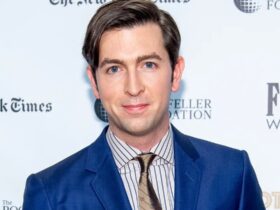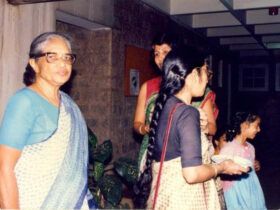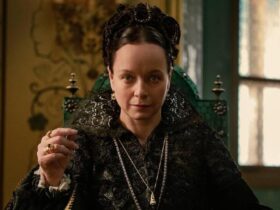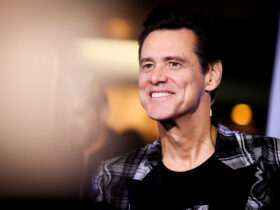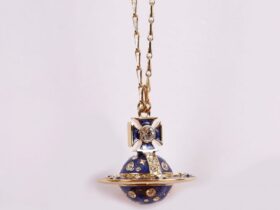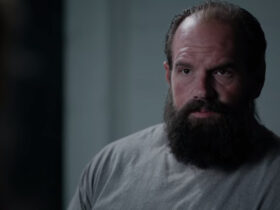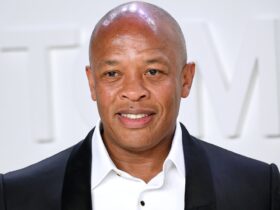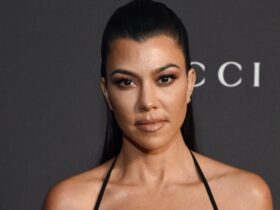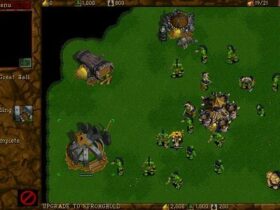A Timeless Archetype
From the annals of history and the realms of mythology to the pages of literature and beyond, the archetype of the “soldier poet king” has resonated deeply within human culture and consciousness. This figure, embodying the prowess of a warrior, the expressiveness of a poet, and the leadership of a monarch, presents a multidimensional persona that has continually captivated, inspired, and offered introspection across eras. Delving into the echoes of the soldier poet king allows us to explore the interconnectedness of combat, creativity, and kingship, revealing how these elements coalesce in the shaping of societies, the telling of stories, and the exertion of influence.
The Warrior Aspect: Valor and Virtue
In the fabric of heroism, the soldier aspect of this triad is the thread of physical strength, courage, and strategic acumen. Historically, warriors have been essential for the protection and expansion of kingdoms, safeguarding citizens, and representing the state’s power. Renowned soldier poets like King David of ancient Israel, who subdued neighboring threats to establish a unified kingdom, or the Roman Emperor Marcus Aurelius, a Stoic philosopher whose meditations were penned in the solitude of military campaigns, encapsulate this blend of martial skill and reflective insight. Their battlefield experiences did not harden them into unfeeling statues of valor but rather deepened their emotional reservoir, enabling a nuanced understanding of human nature and mortality, a theme vividly present in their literary works.
The Poet’s Soul: From Battlefields to Ballads
Contrasting the physicality of the soldier, the poet represents the emotional, intellectual, and imaginative dimensions. This aspect harnesses the power of language to recount heroic deeds, lament losses, and articulate the human experience behind warfare and power. The profound works of soldier poets like Wilfred Owen and Siegfried Sassoon, who conveyed the grim realities of World War I through poignant poetry, underscore the importance of this role. Their art provides a necessary counterbalance, reminding us that amidst the strategies and conquests, the human element remains paramount. Poets, drawing from personal encounters with violence and sovereignty, weave tapestries of emotion and introspection, giving voice to the silent struggles and triumphs often overshadowed by the grandeur of historical narrative.
Kingship: The Burden of the Crown
The king element of the archetype embodies leadership, responsibility, and the complex task of governance. Kingship, in a traditional sense, is not merely about wearing a crown; it encompasses the welfare of a nation, decision-making that could alter the course of history, and a symbolic representation of a nation’s identity and continuity. The soldier poet king, in his fullness, is both a protector and a guide, a figure that wields a sword in one hand and a quill in the other, defending the realm while penning its legacy. King Alfred the Great of Wessex, for instance, not only defended his territories against Viking invasions but was also a learned man who promoted education and literacy, believing that wisdom was the ultimate guardian of civilization.
Echoes in Literature: The Reflection of Ideals
Literature has long been fascinated with the soldier poet king archetype, often centralizing such characters in epic narratives that explore the human condition. In works like Homer’s “Iliad,” we find Achilles, a warrior of unmatched prowess who expresses deep reflective thought and sorrow, particularly in mourning his friend Patroclus. Shakespeare’s “Henry V” presents a king who navigates the intricate balance of royal duty, the brutality of war, and the profound understanding of the burdens his role imposes. These characters are not one-dimensional; they reflect the multifaceted nature of leadership that encompasses martial skill, emotional depth, and the isolating weight of the crown.
Contemporary Resonances: Modern Reflections of an Ancient Archetype
In today’s context, the soldier poet king archetype continues to resonate, reflective in modern leadership paradigms, the continued literary exploration of these themes, and a societal admiration for those who can balance decisiveness with deep emotional intelligence. Contemporary leaders are often expected to exhibit these diverse qualities: strength and strategy in decision-making, eloquence and vision in communication, and the wisdom and empathy necessary for effective governance. Moreover, in the realms of film, literature, and drama, characters inspired by this archetype continue to captivate audiences, offering both escapism and critical reflection on the nature of power, conflict, and creativity.
The Mythological Muse: Inspirations from Lore
Mythology often serves as humanity’s earliest narrative form, encapsulating moral lessons, cultural ethos, and idealized archetypes. The soldier poet king, seen in figures like India’s Lord Rama, epitomizes dharma and righteous governance, with martial prowess and profound spirituality, illustrating how these ancient tales continue to inform contemporary perceptions of heroism and leadership.
Warrior-Poets: Expressing the Inexpressible
Warrior-poets utilize art to articulate experiences often deemed ineffable. They bridge two realms, transforming horrors and honors of the battlefield into poignant literary expressions. Their work, transcending mere documentation, captures war’s impact on the soul, revealing shared vulnerabilities beneath the soldier’s armor.
Leadership’s Evolution: From Battlefield to Boardroom
The soldier poet king archetype extends into modern leadership, beyond literal kingdoms. Today’s leaders, whether in politics, business, or social movements, navigate their own battlefields and kingdoms, with their influence often hinging on their ability to be resolute yet empathetic, strategic yet inspiring, mirroring this timeless triad.
Literary Echoes: Modern Narratives’ Ancient Roots
Contemporary literature and media continue to draw from the soldier poet king, crafting characters and narratives that reflect society’s ongoing struggles, triumphs, and complexities. These stories, while set in diverse locales and eras, carry the ancient archetype’s essence, underscoring its continued relevance in exploring human nature.
Women and the Archetype: A New Dawn
Historically male-dominated, the soldier poet king archetype is being reimagined through female perspectives. Women in literature, politics, and actual combat challenge traditional norms, proving that courage, poeticism, and leadership transcend gender. They reshape the archetype, heralding a more inclusive understanding of these qualities.
The Eternal Allure: Why We Still Look Back
The soldier poet king remains compelling because it encapsulates the breadth of human capability and aspiration. This figure, warrior, poet, and leader, reflects our own internal battles, creative desires, and responsibilities. As we navigate an ever-complex world, this archetype stands as a beacon, guiding, inspiring, and reminding us of our shared humanity.
Concluding Echoes: The Enduring Legacy of the Soldier Poet King
The soldier poet king, as an idea and an ideal, endures because it captures the comprehensive spectrum of human potential: the physical, the mental, the emotional, and the moral. It’s a reminder of the complex tapestry of attributes that effective leadership requires, and a standard against which we measure our heroes, both historical and fictional. This archetype challenges us to consider that within one person, the ferocity of a warrior can coexist with the sensitivity of a poet, and the authority of a king can be tempered with the vulnerability of a man. As society evolves, the echoes of the soldier poet king continue to serve as a mirror, reflecting our values, our aspirations, and the timeless aspects of the human experience that connect us across ages. In the stories we tell and the leaders we follow, the spirit of the warrior, bard, and sovereign endures, a testament to the multifaceted nature of humanity itself.







